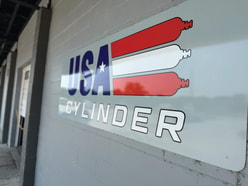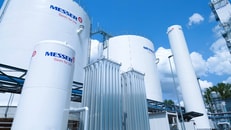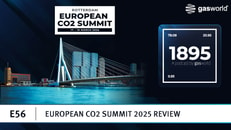CCSA appoints new EU Director
European trade body for the carbon capture, utilisation and storage (CCUS) industry, the Carbon Capture and Storage Association (CCSA), has appointed experienced senior executive Joop Hazenberg as it new EU Director.
Succeeding the outgoing Per-Olof Granstrom, Hazenberg will lead the CCSA’s work in Brussels, overseeing the delivery of the Zero Emissions Platform work programme as its Secretary General.
Having held roles as an EU correspondent for a range of international media, campaign manager for European NGOs and Director External Affairs at the GSMA, Hazenberg will also drive the CCSA’s EU strategy, expanding its programme of advocacy on European CCUS developments.
Commenting on the new appointment, Ruth Herbert, Chief Executive of the CCSA, said, “He brings with him a wealth of expertise and knowledge form the energy sector, and will be a strong asset to our expanding work on CCUS in the EU.”
... to continue reading you must be subscribed
























